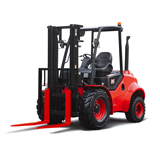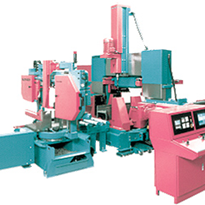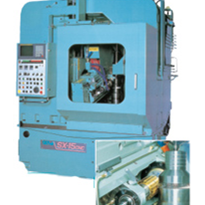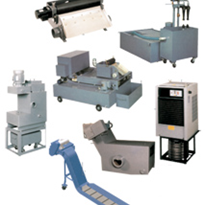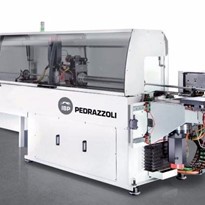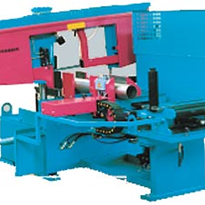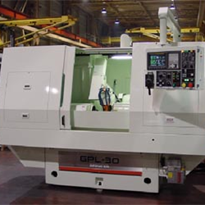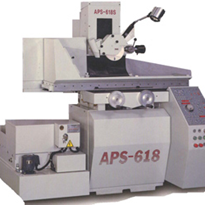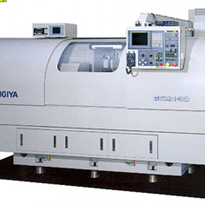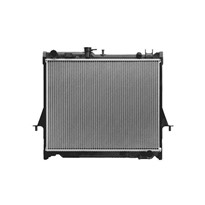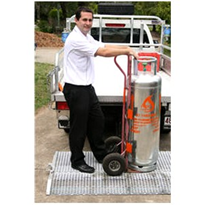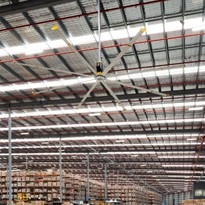While ideally, your forklift should be serviced before any problems arise, there are key identifiers to look out for that signal you need to book a service immediately. Otherwise, the forklift may be at risk of a breakdown or can cause serious injury to the operator.
How often should your forklift be serviced?
As a general rule, forklifts should be serviced as frequently as you would service your car. Aim to have your machine serviced every six months to keep your forklift in top condition. However, how often you service your forklift may depend on the number of operating hours and how old the machine is. When looking to service your forklift, it’s critical to seek a thorough inspection from a forklift expert. A forklift expert will have adequate training to give your machine the safety tick.
To help give you an indication, we’ve outlined common signs your forklift needs a service.
Mobility issues
If your forklift starts to respond slower than usual, this is a key sign that your forklift may be due for a service. A forklift with mobility issues can be challenging to turn, or steering may have started to become erratic. Mobility issues can be dangerous. Therefore, if you encounter any changes to the steering or movement of your machine, immediately stop operation and seek an assessment from a mechanic or forklift expert.
Tyres
Your machine’s tyres are responsible for keeping you safe when operating in various environments. Tyres will inevitably wear out over time, depending on your environment and the type of machine. If you continue to operate with a damaged tyre, this can affect the wheel axles and traction, which results in your forklift being unsafe to operate. Worn tyres will result in a negative impact on your forklift’s performance. To avoid disrupting your workflow at an inconvenient time, checking your tyres regularly and replacing them when required is essential.
Oil leaks
Oil leaks are a sign that your forklift needs servicing from a professional. Oil is required to lubricate different moving parts of your forklift to keep it operating as smoothly as possible. If you notice signs of leaks, this indicates that the machine requires repairs. Otherwise, further leaks may lead the engine in your forklift to seize up suddenly.
The chain is damaged
For efficient and safe operations, it’s critical that your chain works seamlessly. If you start to notice any signs of chain damage, including corrosion, rust or kinking, it’s essential that you stop operation immediately and seek advice from a forklift expert. If your chain stops in the middle of the job, it can cause damage to the load you’re carrying. This can end up costing your business financially. Also, a sudden halt can result in the operator becoming unbalanced, causing injury. Keep an eye out for worn pinheads and link plates with an overly extended chain.
The forks are distorted
Over time, forks may begin to warp and eventually can give out. If the forks give out while carrying a heavy load, this can cause damage to your products. In addition, distorted forks can lead to injury to the operator, pedestrians or others employees nearby. Damaged forks can put your operator’s safety at risk. Therefore, paying attention and having them replaced as soon as they appear warped is essential.
The battery is draining faster than normal
Over time, batteries can begin to drain faster than usual. Pay close attention to how long your batteries last and notice if they are starting to drain quicker. To increase the life span of your batteries, ensure they are charged when they reach the 20-30% range. This will help to maximise the batteries’ useful life and give your forklift the best chance at smooth and consistent operations. If not, batteries start to lose their ability to charge quickly. In addition, it’s critical to ensure your battery always has the correct amount of water.
If you notice any of the above signs on your forklift, stop operation and contact our expert team to schedule a service or repair.



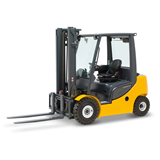
-160x160-state_article-rel-cat.png)
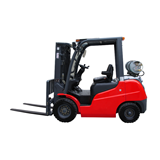
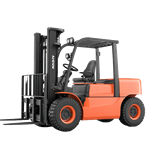

-160x160-state_article-rel-cat.png)
